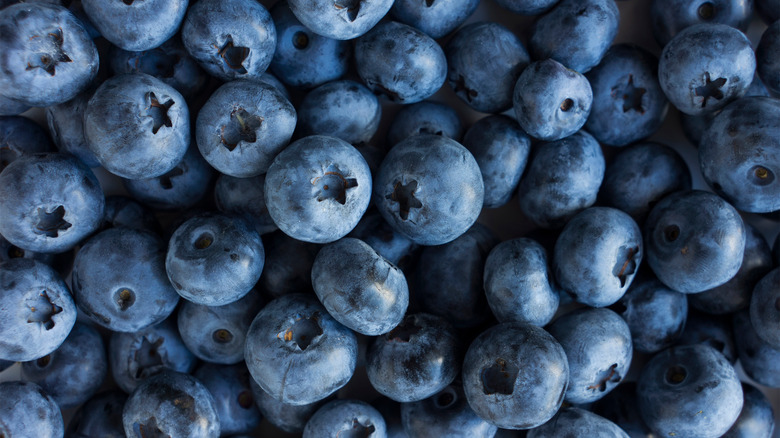How To Avoid And Fix Cellular Stress
From the day-to-day balancing act that comes with managing time and your to-do list to monumental changes such as moving, having a baby, or losing someone you love, stress is an inevitable part of life. While you can implement your own stress management practices to help sift through these moments, your cells deal with stress in their own way.
According to Live Science, when your cells experience stress, they respond in a variety of ways. One way is by applying a heat shock therapy of sorts that helps them get back into shape. They can also evolve, pass the stress on to other cells that then get passed down through generations, split up (which results in premature aging), or just die.
While most of these responses are pretty much doom and gloom, there are things you can do to both avoid your cells from experiencing stress, and fix any damaged cells stress has caused.
These foods are ideal for stress
Dr. Mark Menolascino, integrative and functional medicine physician, told Mindbodygreen that cellular stress is all about mitochondria, which give your entire body the energy it needs to function. When you're stressed, the mitochondria are impacted and, consequently, so is the whole energy system. A 2007 review in Trends in Endocrinology & Metabolism found that both genetic and environmental factors impact the mitochondria's ability to function. Menolascino says taking stock of how our mitochondria use food (where we get our energy) to respond to stress is the key.
According to the Institute for Restorative Health, eating foods rich in antioxidants, vitamin B, sulfur, healthy fats, and magnesium can give mitochondria the boost it needs to properly respond to stress in both a preventative and rejuvenating manner. Pomegranates and blueberries are recommended sources of antioxidants.
Sulfur can be found in cruciferous vegetables such as broccoli, cauliflower, kale, and cabbage. Meanwhile, olive oil, grass-fed butter, and salmon offer healthy fats that prep up the immune defense.
Magnesium is vital for cellular energy, and according to a 2020 study in Nutrients, it's depleted by stress and anxiety. Eating avocados and spinach can support the body's level of magnesium.


